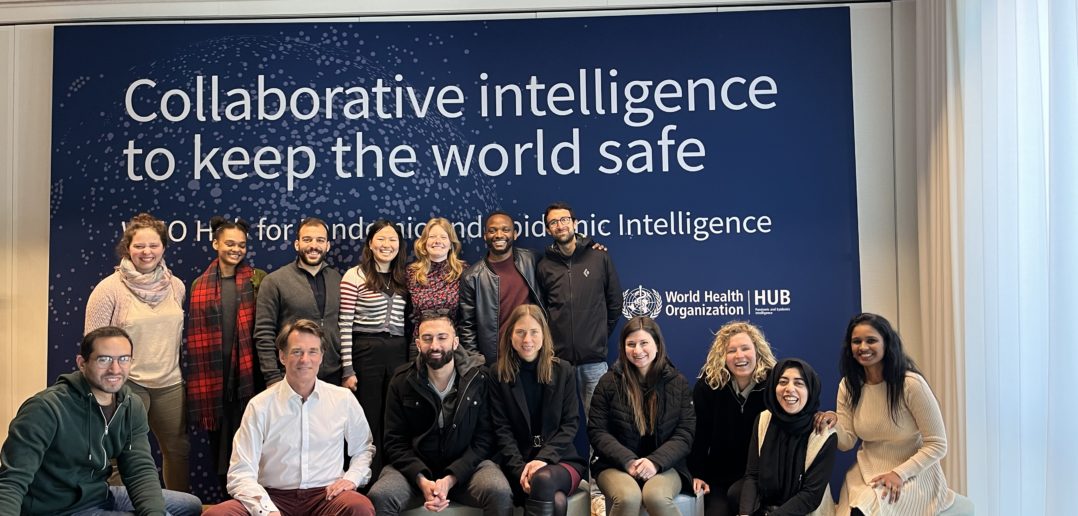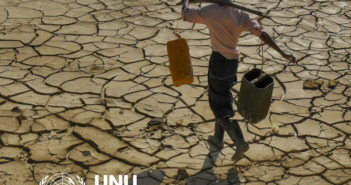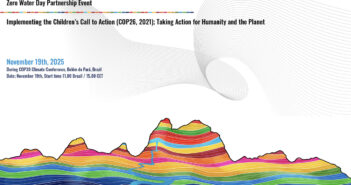About the WHO hub > it forms part of the WHO Health Emergencies Programme, the WHO Hub for Pandemic and Epidemic Intelligence (WHO Pandemic Hub) facilitates a global collaboration of partners from multiple sectors that supports countries and stakeholders to address future pandemic and epidemic risks with better access to data, better analytical capacities, and better tools and insights for decison-making. The training introduces participants to public health intelligence. The visit to the WHO Pandemic Hub at the end of the week brings together the many different stands of covered in the training and provides a real-world perspective of how the learning translates and is applied in practice.
Planetary Health in All Policies Training Programme at Charité University Berlin
The Planetary Health in All Policies Training Programme (PHiAP) runs once a year that the Institute for International Health at the Charité University as part of the Masters in International Health Programme.
The training introduces participants to public health intelligence. The visit to the WHO Pandemic Hub at the end of the week brings together the many different stands of covered in the training and provides a real-world perspective of how the learning translates and is applied in practice.
WHO Public Health Intelligence Competencies and skills building is an ongoing effort to build and strengthen public health intelligence competencies through designing a competency-based public health intelligence curriculum and promoting pandemic and epidemic intelligence training.
WHO notes that “The COVID-19 pandemic has highlighted the catastrophic impact that a public health emergency can have at all levels, from sub-national to global. Responding effectively to a pandemic requires public health professionals that can provide up-to-the-minute information to officials and the public at large, prompting effective, confident, and data-driven decisions and actions. As such, there is a critical need for public health personnel who are able to transform an abundance of raw data from a multitude of sources into useful information that can be communicated in a timely manner to the appropriate Member State or organization for a prompt response.
Developing and sustaining Public Health Intelligence (PHI) capacity requires people with these professional competencies. As the Public Health Intelligence community grows and evolves, training and capacity building for a unified all-hazards, One Health approach are essential.”
The PHiAP programme is follows structure and content of the WHO Health in All Policies Training Manual. The training content is constantly evolving to provide participants with the competencies and skills to address complex problems facing countries and communities. Course coordinator Julian Fisher cooperates with WHO departments, for example on the recent article Planetary health benefits from strengthening health workforce education on the social determinants of health. This commentary sets out the main features of the WHO Starter Guide ‘Integrating the social determinants of health into health workforce education and training’ which will be published shortly.
Julian Fisher says “the visit to the WHO Pandemic Hub is a key part of the training and is definitely a highlight of the week. It gives a unique insight into the work of the WHO and inspires the students showing them what is possible and where their careers can take them.“





